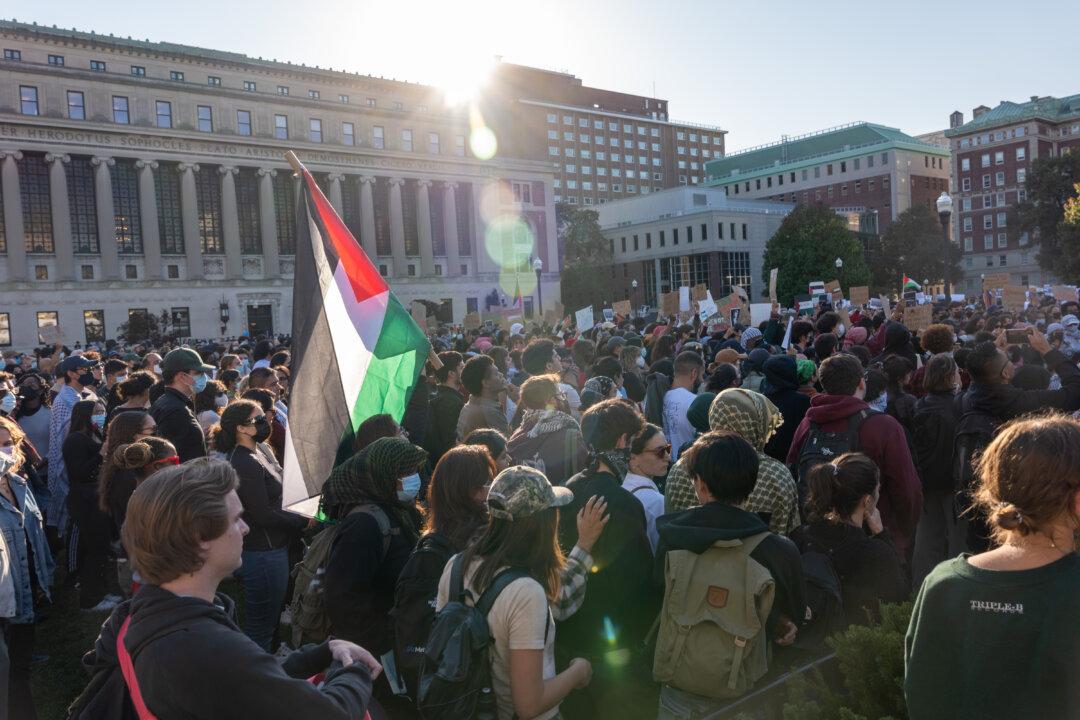Some of the largest law firms in the United States are telling law school deans that they must act with “urgency” to tackle anti-Semitism on campus, or else their graduates won’t be considered for employment.
“Over the last several weeks, we have been alarmed at reports of anti-Semitic harassment, vandalism and assaults on college campuses, including rallies calling for the death of Jews and the elimination of the State of Israel,” an open letter published on Wednesday read. “Such anti-Semitic activities would not be tolerated at any of our firms.”





